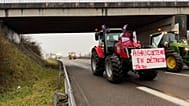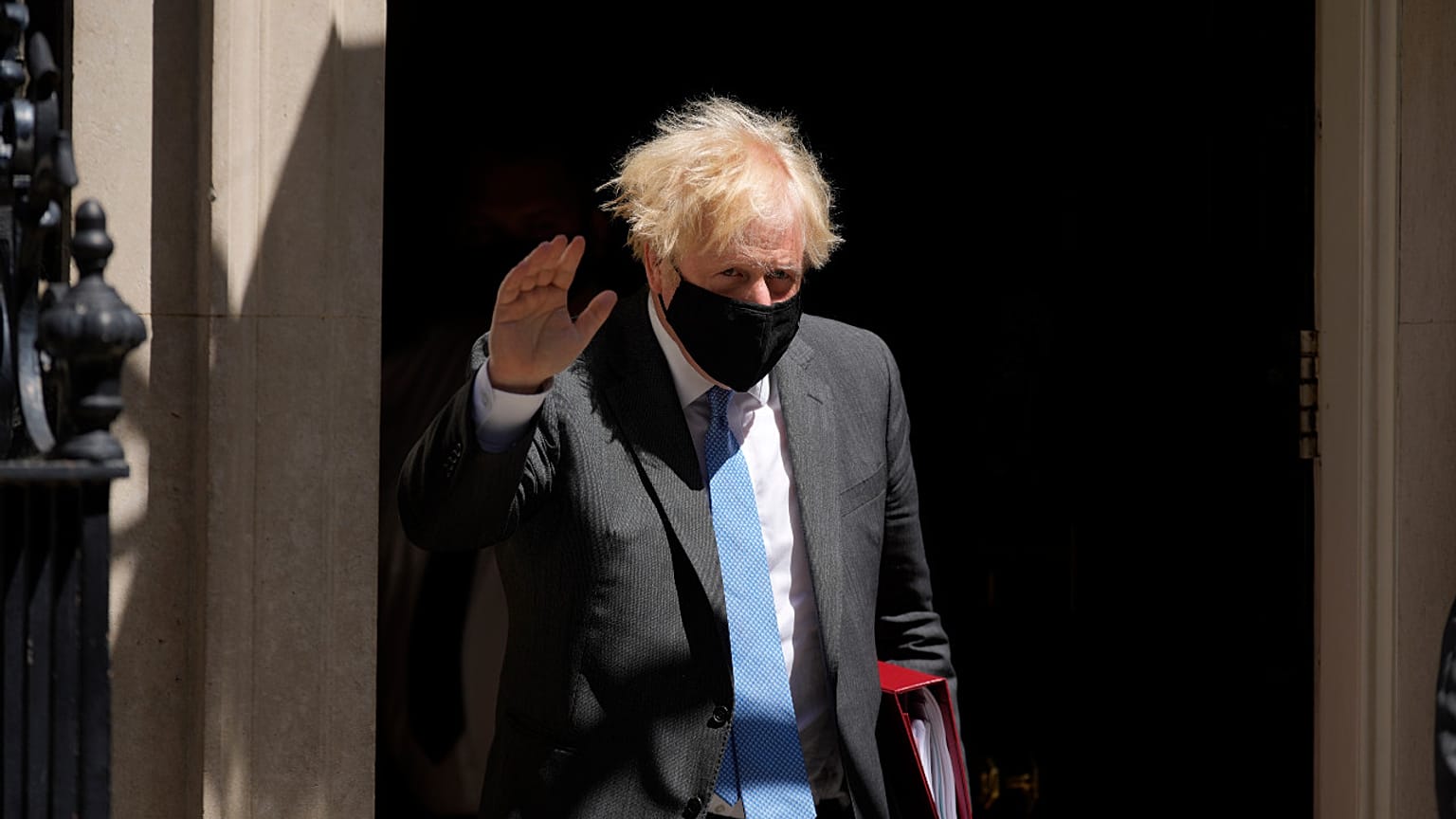The UK prime minister is accused by the opposition Labour leader of failing to tighten restrictions on travel from India quickly enough to curb the variant.
Boris Johnson has been accused by the opposition leader of failing to act quickly enough to prevent the rise of the COVID-19 Delta variant in the UK.
A rise in the number of cases has led the British prime minister to delay lifting England's remaining coronavirus restrictions by four weeks, until Monday, July 19.
Speaking at the weekly Prime Minister's Questions in parliament, Labour leader Sir Keir Starmer said Johnson had delayed putting India -- where the variant is thought to have originated -- onto England's "red list", which would have meant more stringent travel restrictions.
The prime minister said this week that the Delta variant "is spreading faster than predicted", and that if restrictions were lifted as planned on June 21, it could cause thousands of more deaths.
The opposition leader claimed the delay in tightening border restrictions had contributed to the spread of the variant. Starmer said he had repeatedly urged Johnson to take tougher action.
The prime minister replied that the Delta variant was not identified as being of concern until after the decision was taken to put India on the red list.
'PM squandered UK's progress'
India was put on the red list on April 23, two weeks after neighbouring Pakistan and Bangladesh.
Starmer said that on April 1, India was reporting over 100,000 new coronavirus cases each day and that numbers were rising, the new variant having been identified on March 24. Between April 1 and 23 he said 20,000 people came into the country from India.
"What on earth did the prime minister expect would be the consequences of that? The British people did their bit, by following the rules and getting vaccinated. But the prime minister squandered it by letting a new variant into the country. That was not inevitable, it was the consequence of his indecision," the Labour leader said.
Starmer called on Johnson to explain the high number of Delta variant cases now circulating in the UK.
The prime minister accused the opposition leader of failing to get his facts straight. Johnson said the Delta variant was identified in the UK on April 28 and Starmer was relying on information about the Kappa variant.
Starmer said the prime minister's "indecision" was to blame for the high number of coronavirus cases now in the UK.
"We took the most drastic steps possible to put India on the red list on April 23, before that variant was even identified," Boris Johnson said. He added that the UK's impressive vaccine rollout meant the country had one of the most open economies and societies in Europe.
The Labour leader said the Delta variant was now responsible for 90% of new infections and urged the government to drop its "traffic light" system for COVID-19 travel restrictions, "secure the borders and do everything possible to save the British summer".
Johnson replied that Starmer was guilty of another "flip-flop" if he was calling for all travel into and out of the country to be halted.
MPs are to vote later on Wednesday on extending emergency coronavirus restrictions in England for another four weeks.
Johnson's cancelled India trip
On April 19, rising coronavirus cases in India forced Boris Johnson to cancel a trip to India planned for the following week. It was the second time plans had been disrupted: the prime minister's first trip scheduled for January was delayed when England went into its third lockdown.
By then concern was being expressed about new variants circulating in the UK, including from India.
India was only added to the red list four days later, on April 23, and did not become effective until three days after that, on April 26. Red list restrictions mean only UK nationals and legal residents can enter the country, and must quarantine in government-approved hotels for 10 days.
India is known to be a target for the British government for a future trade deal. Early last month it announced £1 billion (€1.16 billion) worth of new trade between the two countries.















